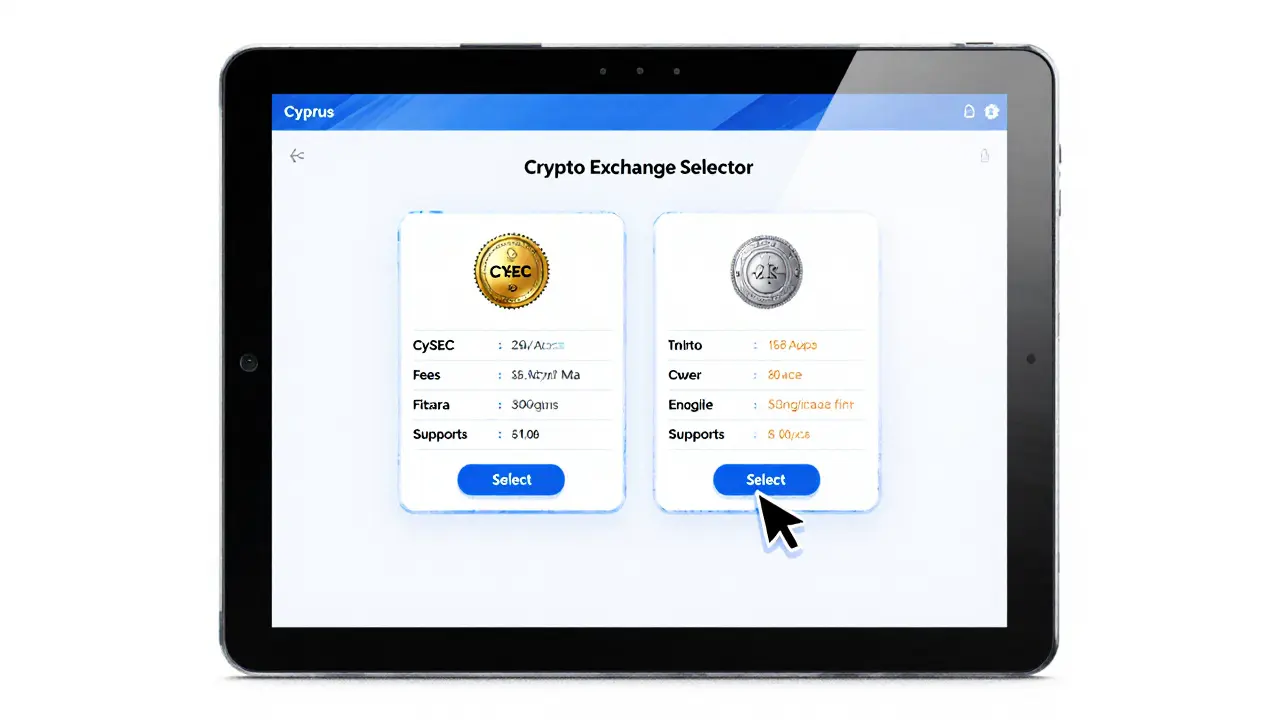Crypto Tax Cyprus: A Practical Guide for Traders and Investors
When dealing with crypto tax Cyprus, the set of rules that determine how cryptocurrency transactions are taxed for individuals and businesses operating in Cyprus. Also known as Cyprus crypto tax regime, it defines when gains become taxable, which forms must be filed, and which deductions are allowed.
Understanding Cyprus tax residency, the criteria that decide if a person or company is considered a tax resident in Cyprus is crucial because residency status directly influences the tax rate applied to cryptocurrency capital gains, profits from selling, swapping, or otherwise disposing of digital assets. For corporate entities a flat 12.5% tax often applies, while individuals may fall into personal income brackets. The VAT on crypto transactions, value‑added tax rules that affect certain crypto‑related services also matters for exchanges and payment processors operating on the island. Additionally, the Cyprus financial regulator, CySEC, which oversees crypto service providers and enforces AML/KYC compliance intersects with tax obligations, making its guidance essential for compliant operations.
Knowing the crypto tax Cyprus rules can save you money and headache. Below you’ll find a curated set of articles that break down everything from exchange fee structures to the latest regulatory updates, helping you apply the right tax treatment to your crypto activities and stay ahead of the curve.
How Cypriots Access Cryptocurrency Exchanges in 2025
Learn how Cypriots legally access crypto exchanges, from regulatory basics and licensing to step‑by‑step sign‑up, payment methods, tax benefits, and security tips.
View More




